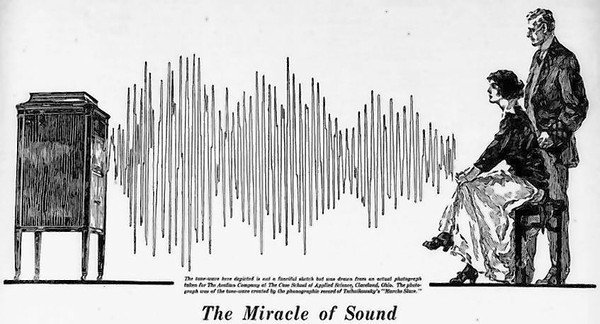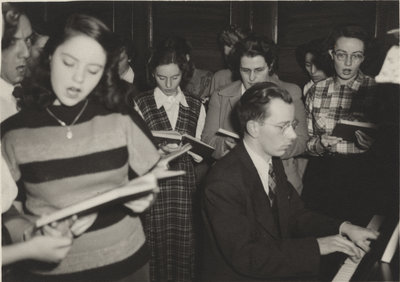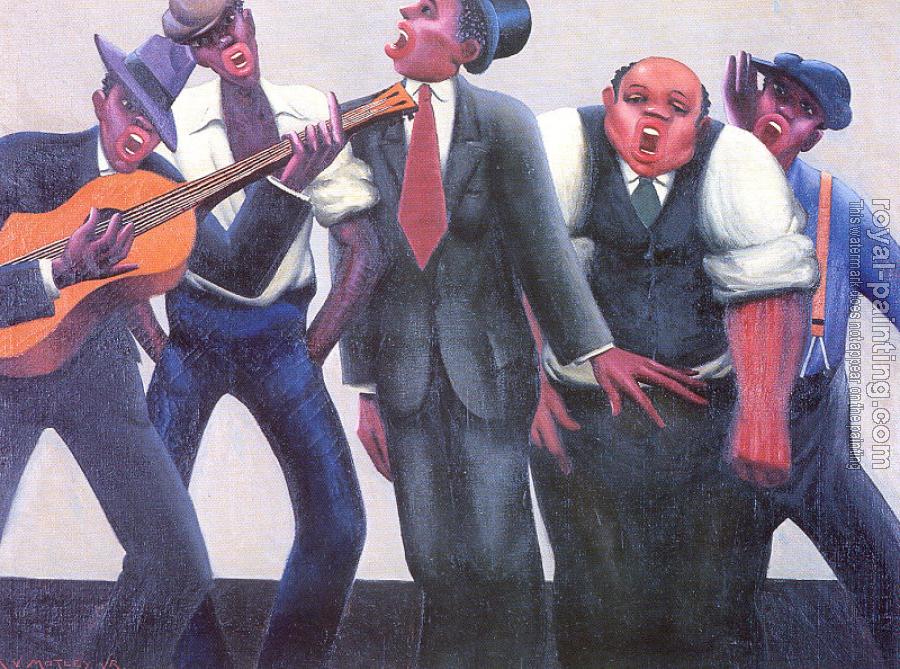
As I was reading the essay, “Listening to the heard worlds of antebellum America” by Mark M. Smith, in The Auditory Culture Reader, it occurred to me how sound is a recurring interest of mine. I have sitting on my stack of books I am reading a book entitled Silence : A Christian History. I thought of this book because one of the main points of The Auditory Culture Reader collection of essays is to elicit the idea of how historically human society has sounded and how it has thought about sound. MacCulloch in Silence: A Christian History has sough the same kind of overall detective work about “silence” in the history of the Christian church.

These broad connective ways of thinking interest me. And “sound” itself seems to be a bit of theme in my life being a not only a musician but someone who literally loves the “sound” of words and poetry.

As I practice my Greek daily, I read aloud. When I have read books of poetry recently, these also I read aloud. Harold Bloom has written that when he is grieving the death of a loved one he retires to his garden to read Emily Dickinson out loud.

In the introduction to The Auditory Culture Reader, Michael Bull and Les Back draw on the story of Odysseus and the sirens. They point out how when Odysseus instructs his sailors to tie him to the mast and plug their ears, he is creating a sort of private sound world for himself. This private world is a precursor for how most of us listen to music these days. We listen privately. We play recorded music in our homes and in our cars. We plug in our ear buds and move in public in an oddly private way.

Homer tells a story that can be read in this same way: one person hearing privately what a group cannot.

I of course think a lot about how people experience sound and music in my culture.

I myself am an example of someone who chooses over and over to experience sound and music privately either listening to recordings or making the music in my solitary way on the piano or the organ.

I do value making music with others. In fact, it’s something I seek out not always with success. Being a conductor of church choirs at a time when the very idea of belonging, discipline and small group identity seems to be eroding has been a life long challenge for me. My choirs have tended to be small ones (usually ten or so people). And many of these people have difficulty maintaining the weekly discipline of attending rehearsals and services.
One of the rewarding parts of being a church musician for me at this time in my life is leading a congregation in singing hymns, songs and service music. The fact that a group of people come together and do this kind of singing is a very rare and precious occurrence in the present US culture. A large group of people actually making music just doesn’t happen much these days. We no longer even sing our national anthem together at public events. It’s sung for us.

So when I hear a group of people singing with gusto it is satisfying and arouses my musical instincts to help them do it as well as they can. I even find it kind of fun. And it is also a bit of a skill to listen carefully to the singers, to think about the ends of phrases and give them a chance to breath and to pick a vocally friendly tempo for singing, neither too fast nor too slow. These little challenges intrigue me.

I realize that it has something to do with enjoying making music with others.

I didn’t know you read aloud so much. I would love to hear your readings – I wonder if there is an app which would send them to me…. But maybe you wouldn’t like to record yourself. 🙂
I haven’t been reading poetry much lately. The Greek probably wouldn’t interest you. If I start doing it again, I’ll record some of it for you.